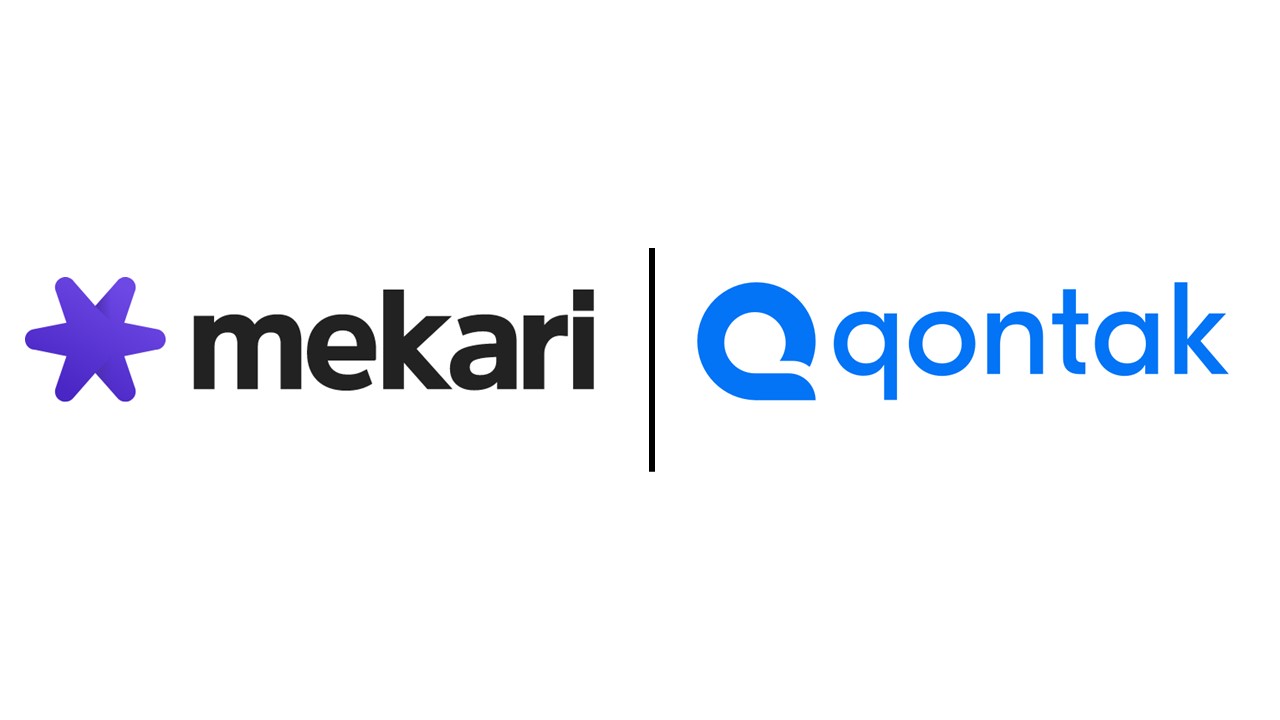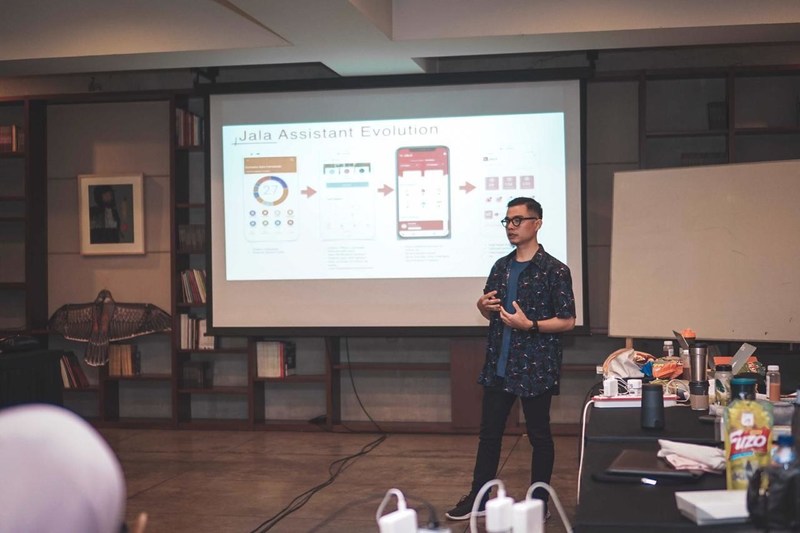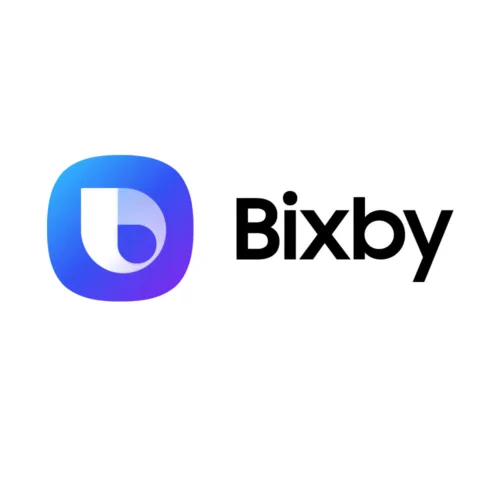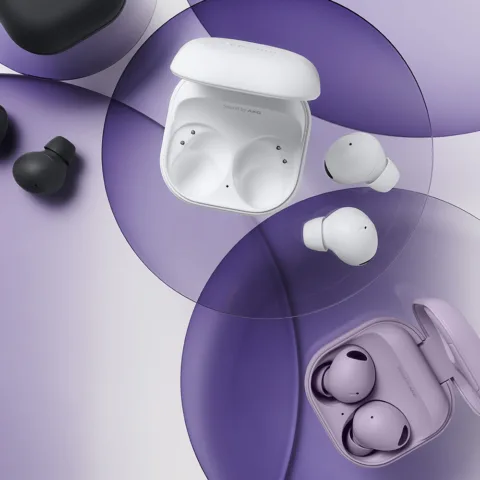Customer Relationship Management, usually known as CRM, is something that has actually been around for a while and is becoming increasingly scrutinised by companies planning to expand their consumer-facing business to the next level. It takes the concept of customer service, where usually a customer interacts on a one-to-one basis with an officer of a company tasked with, well, taking care of the customer, employs the scalability of digital technology and deploys it on a larger scale.
Let’s take for instance, a web hosting company. A web hosting company’s customer service team would take various calls and complaints from customers, from questions about signing up to troubleshooting a Linux installation on the co-hosted server. An ideal CRM system would take all this input, assign priorities and difficulty levels to each issue, and direct it to the appropriate response channel. Questions about buying a domain name would be replied automatically by a ‘how-to’ guide, and only the more difficult issues would be directed to actual human officers, hence decreasing the required response load but expanding the capability to receive calls and issues. An ideal CRM system would also open up potential sales leads or deliver relevant marketing information, all based on customer data and activity/purchase history.
Systems like CRM are usually used by big companies, who use services like Salesforce to compile and act on customer data. The cost of running such systems is not cheap and needs an organisation-wide approach, but it delivers great customer response, sales leads and contextual marketing, especially for companies that have a large online activity platform (like, say, e-commerce). But how would entertainment companies or entities (such as musicians or artists) take advantage of CRM technologies and principles?
One of the most basic tenets of CRM is compiling customer data – you will never be able to do CRM properly if you do not know who your customers are, and have more details about their preferences in relation to your product (or anything else for that matter), so make sure you have this in place – at the least, try to collect names and emails, better yet, how to connect with them on social networks.
On your website/blog (if you don’t have one, go build one!), make a sign-up form for a mailing list, perhaps using the subscribe feature provided from the blog platform, or learn to use Mailchimp. You can use Google Docs to create simple feedback forms, from yes/no questions to short surveys, asking things like “Which song do you like most?” or maybe “which song would you like performed at our next gig – with a different arrangement?”.
Based on collecting data like this, you could even make different playlists for different gigs, depending on which of your fans RSVP’d for the event. More importantly – you can ask your fans directly, on what sort of thing would they be willing to spend money on to support the band: is it a CD album? Or merchandise? Or perhaps a party?
Selling your stuff online has never been easier now, and it is most important you track your customers – who buys what, when, and impacted by what campaign. Let’s say, a DVD of a stand-up comedy show might pick up sales after a show, or even a campaign through social media channels – it would be even better to know which person bought what, influenced by which marketing channel. This way, next time you have a product it might be better to just send them a personalized email (and a personalized product of course, which can be done simply by writing a personalized thank you letter from you).
This is why so many companies/artists/musicians today are always asking you to sign up to a mailing list of some sort – and potential customers are now more receptive to subscribing to just the brands and products that interest them (as it is also very easy to unsubscribe or mark as spam).
Knowing your customers and fans better will lead to a warmer, tighter community, and it will make any marketing or sales efforts you do for whatever you sell become more efficient. CRM tools, readily available as long as you know how to use them, and are willing to invest time to compile the data, will definitely help you raise your game.
 Ario is a co-founder of Ohd.io, an Indonesian music streaming service. He worked in the digital music industry in Indonesia from 2003 to 2010, and recently worked in the movie and TV industry in Vietnam. Keep up with him on Twitter at @barijoe or his blog at http://barijoe.wordpress.com.
Ario is a co-founder of Ohd.io, an Indonesian music streaming service. He worked in the digital music industry in Indonesia from 2003 to 2010, and recently worked in the movie and TV industry in Vietnam. Keep up with him on Twitter at @barijoe or his blog at http://barijoe.wordpress.com.
[Image from Flickr by avlxyz]








